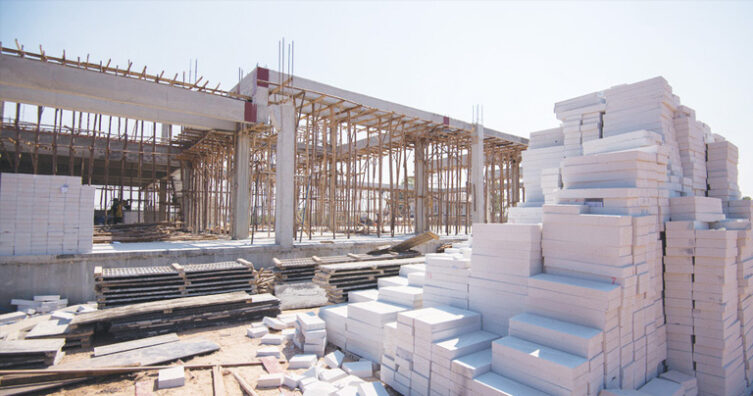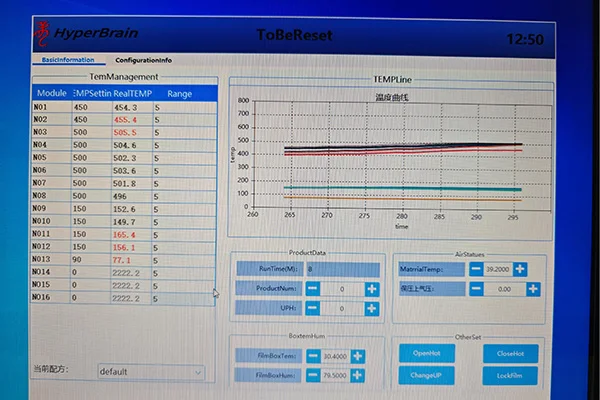In recent years, the construction industry has witnessed a significant transformation with the integration of Artificial Intelligence (AI) technologies. AI, with its ability to analyze vast amounts of data and make intelligent decisions, has revolutionized various aspects of construction. From project planning and design to safety management and cost optimization, AI has become an indispensable tool for construction professionals. In this article, we will explore the diverse applications of AI in construction and how it is reshaping the industry.
- Enhanced Project Planning and Design:
AI algorithms can analyze historical project data, including blueprints, schedules, and cost estimates, to identify patterns and optimize project planning. By considering various factors such as site conditions, weather patterns, and available resources, AI can generate accurate project timelines and identify potential risks. Additionally, AI-powered design tools can automate the creation of 3D models, reducing design time and improving accuracy. - Intelligent Equipment and Resource Management:
AI can optimize the utilization of construction equipment and resources, leading to increased efficiency and cost savings. By analyzing real-time data from sensors installed on equipment, AI algorithms can predict maintenance needs, reducing downtime and improving productivity. Furthermore, AI can optimize the allocation of resources, such as materials and labor, based on project requirements and availability, minimizing waste and maximizing productivity. - Advanced Safety Management:
Safety is a paramount concern in the construction industry. AI technologies, such as computer vision and machine learning, can enhance safety management by identifying potential hazards and preventing accidents. AI-powered cameras can monitor construction sites in real-time, detecting unsafe behaviors and alerting supervisors. Additionally, AI algorithms can analyze historical safety data to identify patterns and develop proactive safety measures. - Predictive Analytics for Risk Management:
AI's predictive analytics capabilities can help construction companies mitigate risks and make informed decisions. By analyzing historical project data, market trends, and external factors, AI algorithms can predict potential risks, such as delays, cost overruns, and supply chain disruptions. This enables construction professionals to take proactive measures, such as adjusting project schedules, sourcing alternative suppliers, or renegotiating contracts, to minimize the impact of risks. - Autonomous Construction and Robotics:
AI-powered robotics and autonomous systems are transforming construction processes. Robots equipped with AI algorithms can perform repetitive and labor-intensive tasks with precision and efficiency, reducing the reliance on manual labor. For example, autonomous drones can conduct site surveys and inspections, while robotic arms can perform complex tasks such as bricklaying or welding. This not only improves productivity but also enhances worker safety by reducing exposure to hazardous conditions.
Conclusion:
The integration of AI in construction has opened up new possibilities for the industry, enabling improved project planning, enhanced safety management, and increased productivity. By harnessing the power of AI, construction professionals can optimize resource allocation, mitigate risks, and deliver projects more efficiently. As AI continues to evolve, it will undoubtedly play a pivotal role in shaping the future of the construction industry, driving innovation, and transforming traditional practices.





